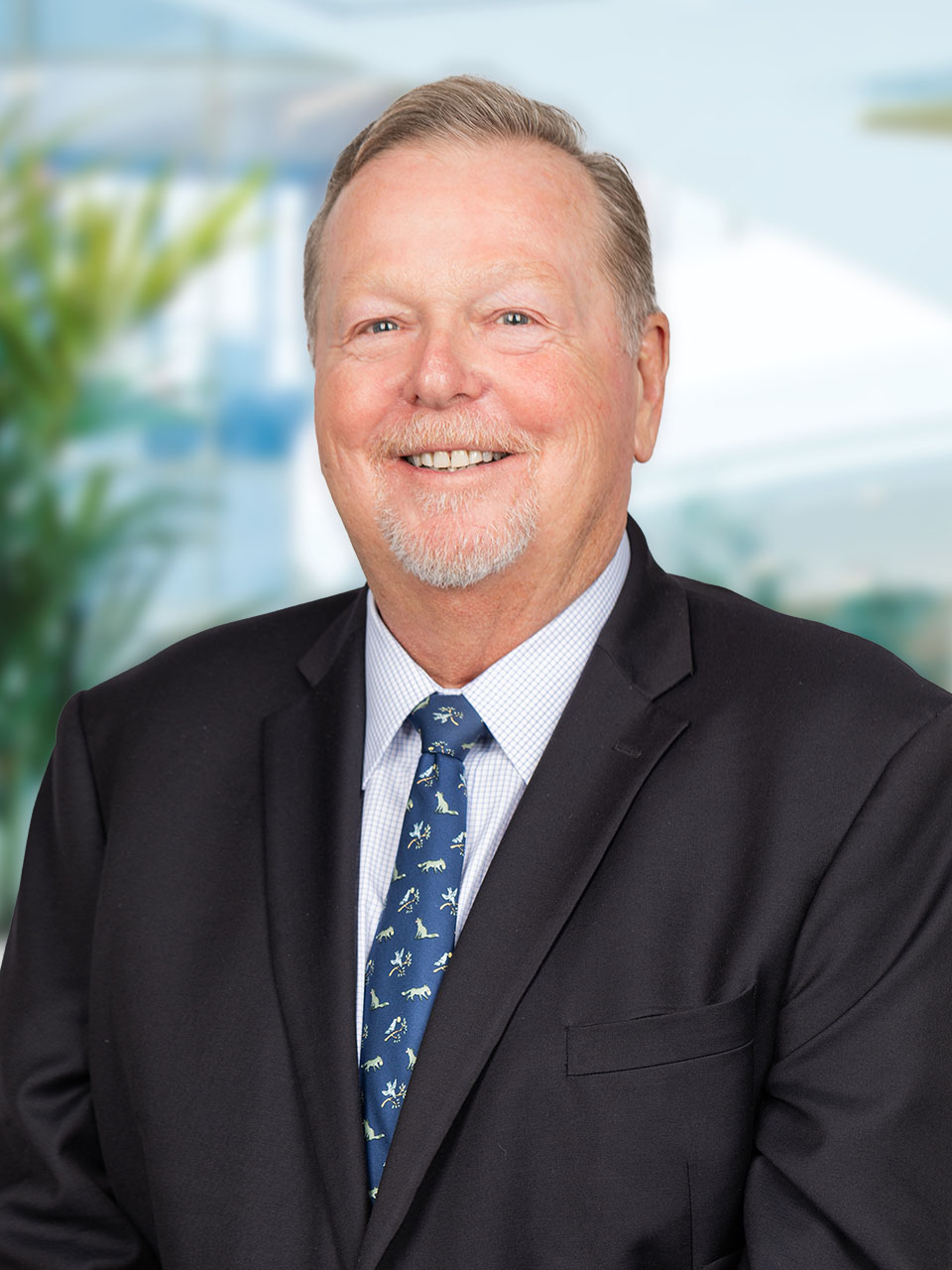As an old fashioned fundraiser who grew up before the advent of Facebook, YouTube and Twitter I recognize that at times I may be behind the curve when it comes to utilizing the latest technology in our industry. I barely understand this blogging stuff, and have to rely on younger and wiser individuals within our firm to help me post these missives. Just this morning, I received an email on my phone, promoting a new giving technique to be used as an application on one's iPhone. Imagine installing such an app, and then using it whenever the mood would strike you. Amazing stuff!
All of that technology is impressive, but I must say that it does not hold a candle to effectively asking for a gift (for those of you who don’t know, a candle is a devise used to provide light, sometimes in emergency situations, sometimes for mood lighting). I have to leave the high-tech stuff to others within our firm. My area of expertise—the part of the equation that I think is most important to successful fundraising—is asking for the gift.
I am reminded all of the time how important it is to ask for the gift. It seems pretty obvious to me, but apparently it’s not to some in our industry. It seems that actually asking for the gift does not happen as much as one would think. I have observed reasonably successful fundraising operations that seem to fall down in one specific area—they don’t ask for gifts very often. Imagine.
Now, I am not talking about direct mail, telephone solicitation, e-mail requests. Those have value, and I don’t mean to denigrate them. What I am talking about are direct, face-to-face requests for support. Major gift asks. Campaign asks. Peer-to-peer asks. Those asks that will generate the significant commitments needed to move your fundraising results up to the next level.
We work with clients regularly to help them make those asks as successful as possible. We role-play solicitations. We brainstorm how a particular prospect might respond. We do our best to prepare those on the solicitation team, particularly volunteers who don’t do this for a living, but who are so incredibly important to the outcome.
But here is the key point—YOU HAVE TO ASK!!! If you sit around thinking of all of the reasons why a particular prospect will probably say no, you are not asking. If you put off asking a particular prospect because the “time may not be just right,” you are not asking. I believe in strategies and tactics and planning for effective solicitation. I don’t, however, believe in procrastination. To be successful, you have to get out there and ask.
If you want to see an immediate improvement in your fundraising results, I would suggest you sit down with a list of your top twenty-five prospects and make specific plans to solicit each and every one of them during the next six months. Don’t sit around waiting for gifts to come in. Go out there and ASK.


Comments
Questions or comments? Join the conversation!